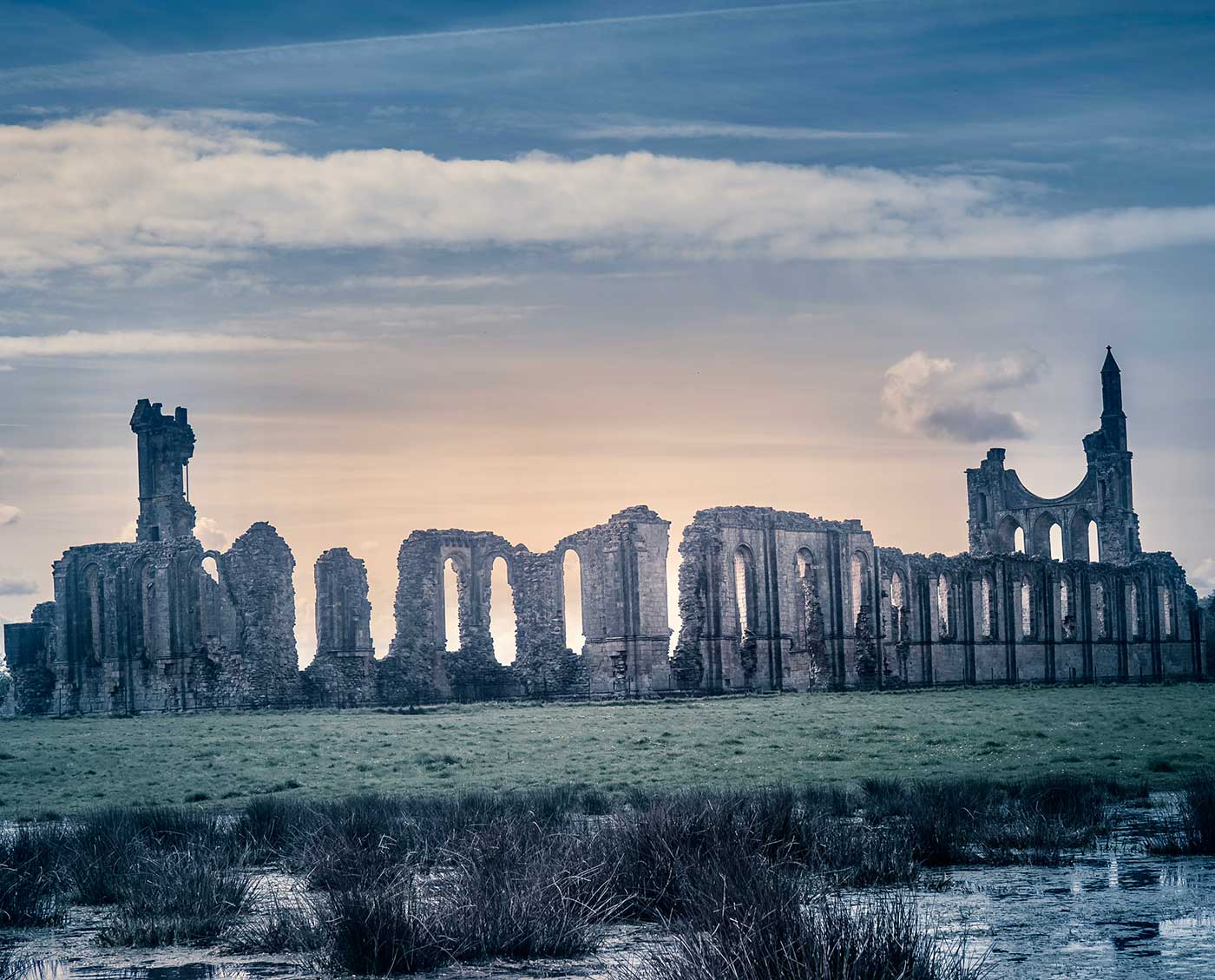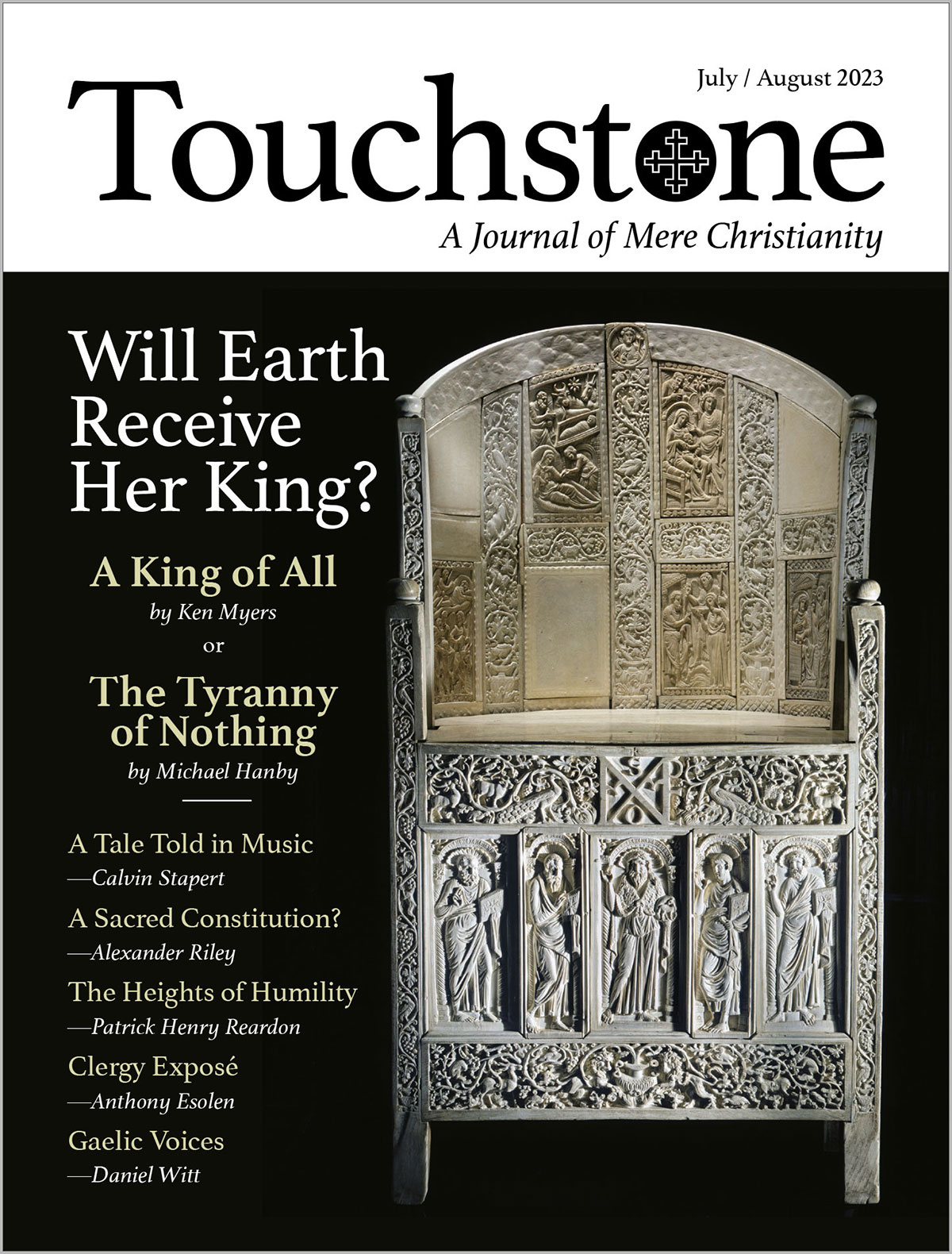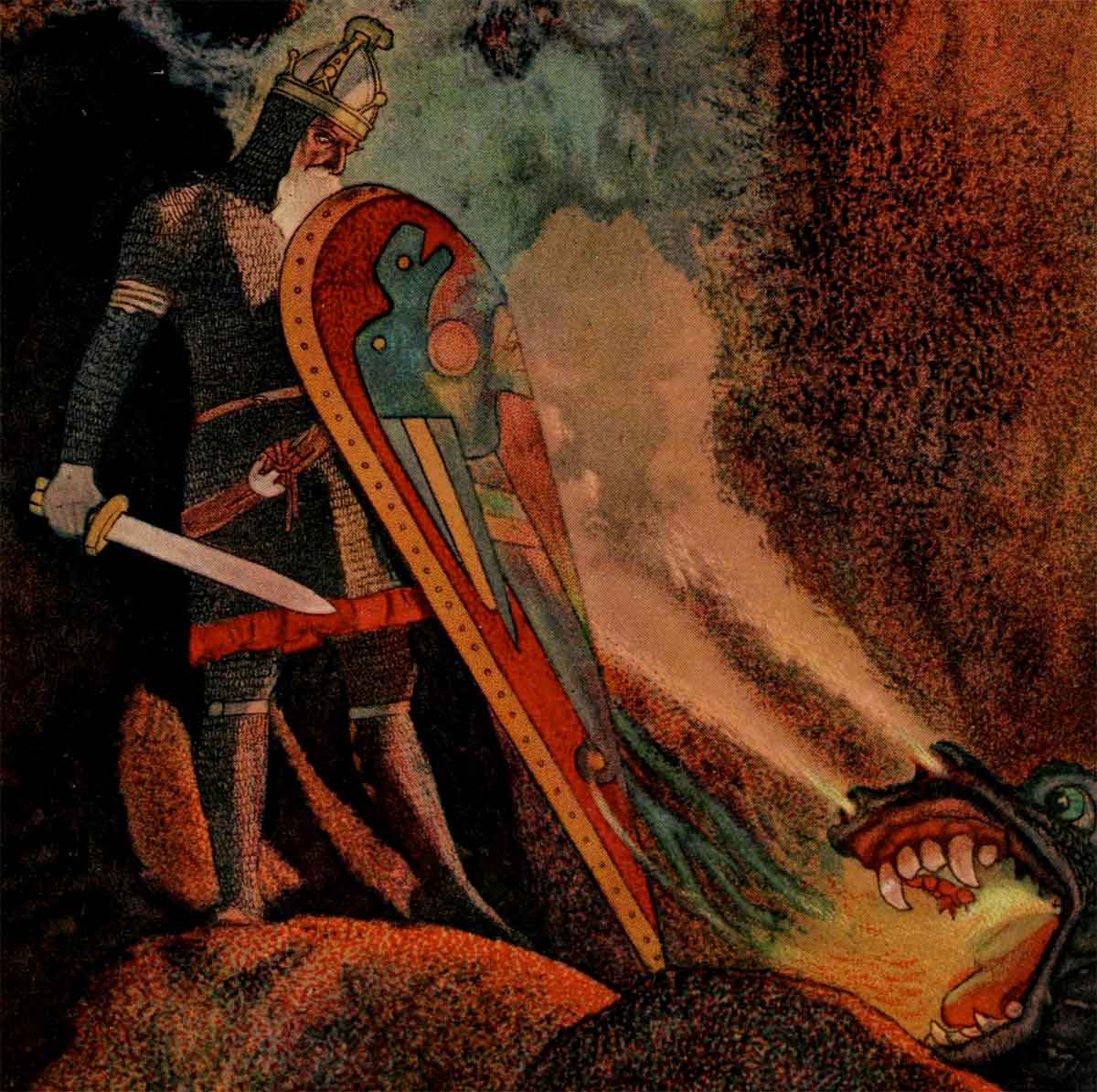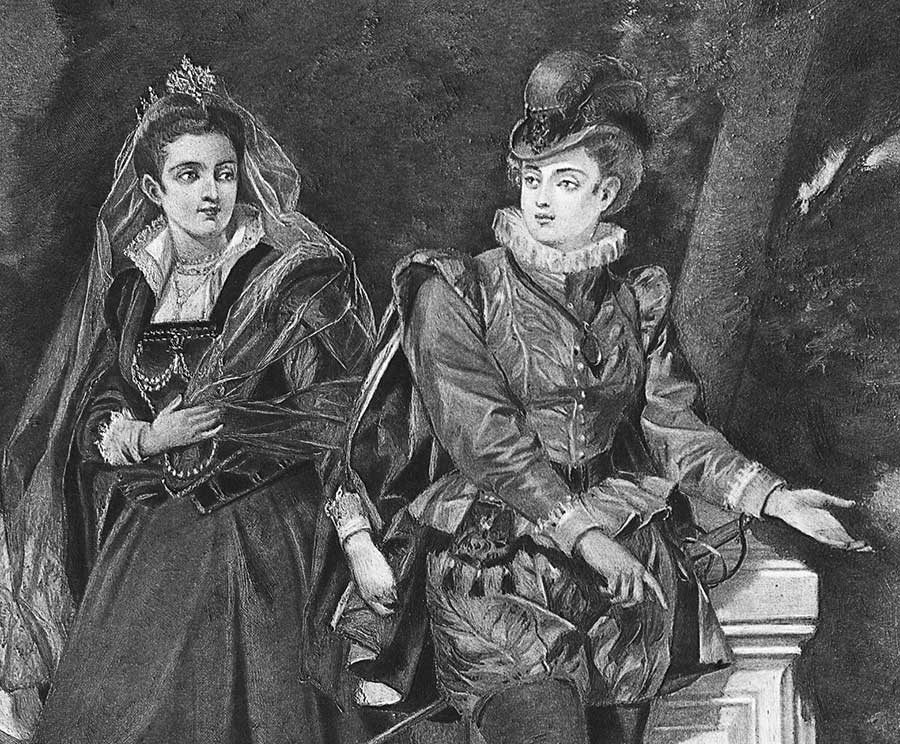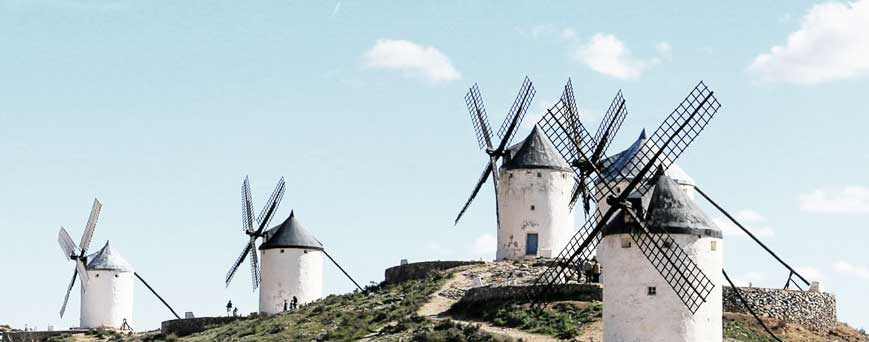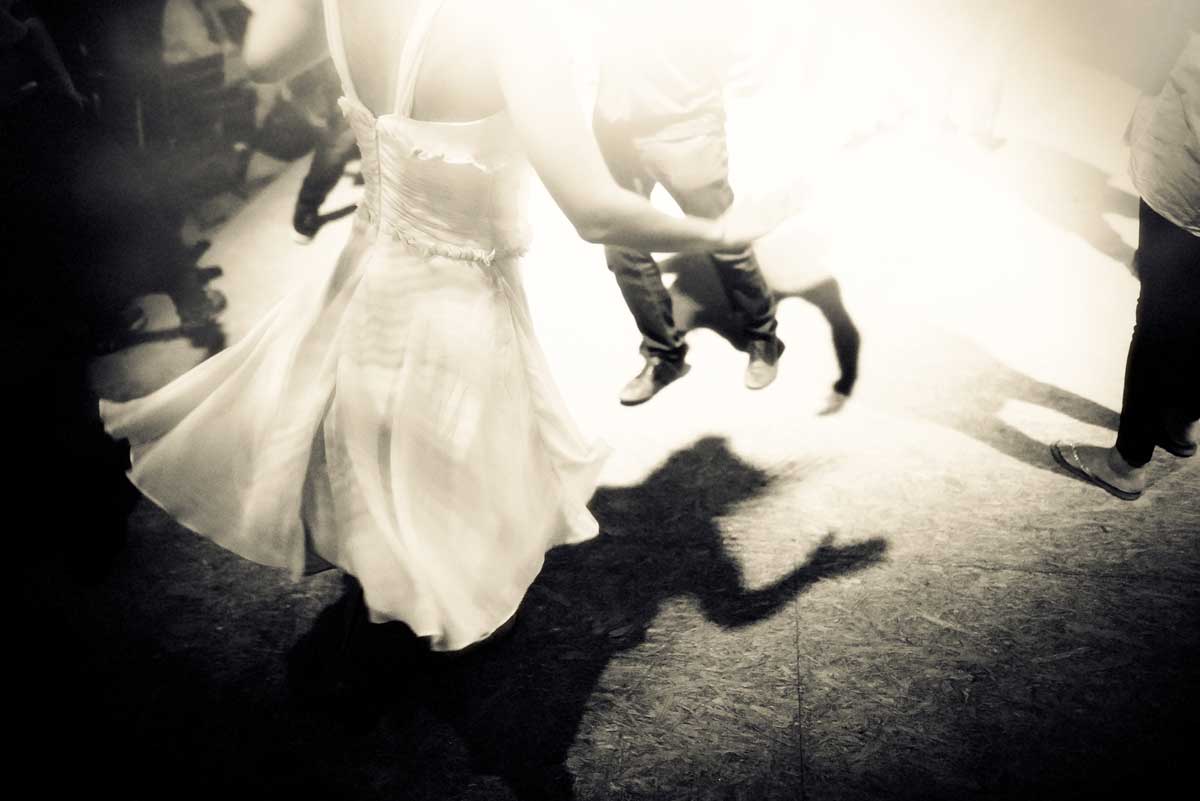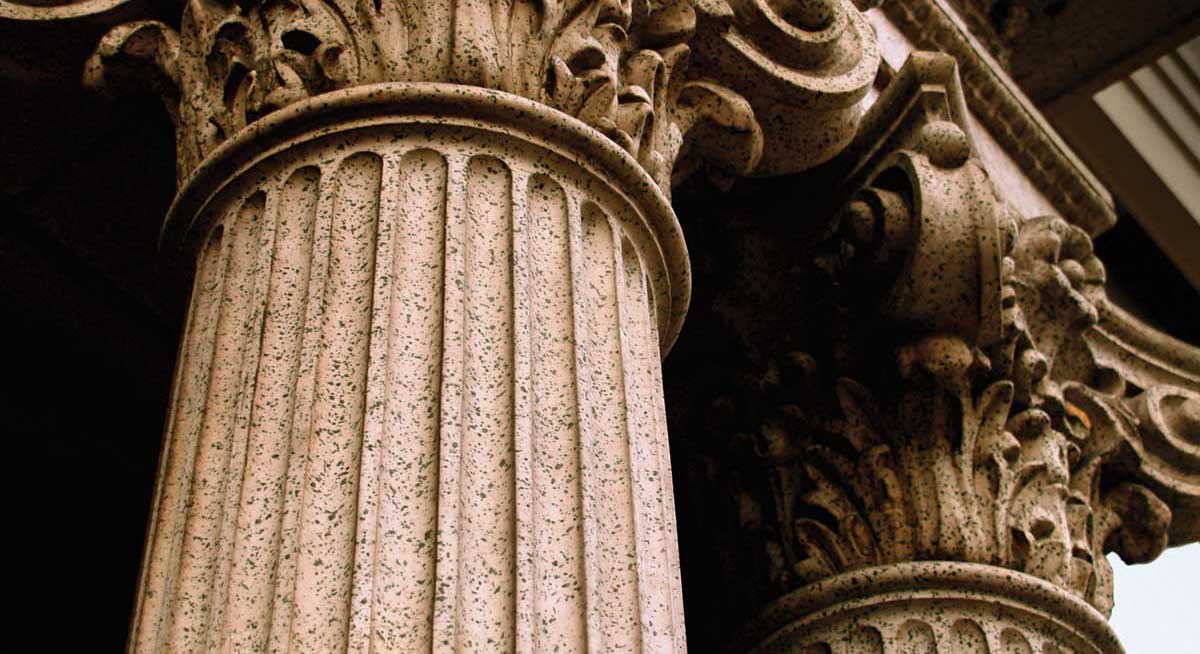Ruler Over All
Notes Toward the Restitution of Christian Culture
by Ken Myers
One hundred years ago, in September 1923, the Hogarth Press published the first English book edition of T. S. Eliot’s 434-line poem, The Waste Land. The type was set by hand by Eliot’s friend Virginia Woolf, who with her husband Leonard had founded the small publishing venture. The previous autumn, The Waste Land had appeared in the inaugural issue of Eliot’s own journal, The Criterion, and then in the U.S. in the prestigious literary magazine, The Dial.
The Waste Land has been judged by many to be the most influential English-language poem of the twentieth century. Often analyzed as a depiction of the turmoil and fragmentation of Eliot’s own inner life, its continued power after a century is surely because of its account of public—not just private—dislocation. When the poem first appeared in 1922, the second volume of Oswald Spengler’s The Decline of the West had just been published. Spengler predicted the twenty-first-century collapse of Western civilization following decades of decay and concomitant tyranny.
THIS ARTICLE ONLY AVAILABLE TO SUBSCRIBERS.
FOR QUICK ACCESS:
Ken Myers is the host and producer of the Mars Hill Audio Journal. Formerly an arts editor with National Public Radio, he also serves as music director at All Saints Anglican Church in Ivy, Virginia. He is a contributing editor for Touchstone.
subscription options
Order
Print/Online Subscription

Get six issues (one year) of Touchstone PLUS full online access including pdf downloads for only $39.95. That's only $3.34 per month!
Order
Online Only
Subscription

Get a one-year full-access subscription to the Touchstone online archives for only $19.95. That's only $1.66 per month!
bulk subscriptions
Order Touchstone subscriptions in bulk and save $10 per sub! Each subscription includes 6 issues of Touchstone plus full online access to touchstonemag.com—including archives, videos, and pdf downloads of recent issues for only $29.95 each! Great for churches or study groups.
Transactions will be processed on a secure server.
more on Literature from the online archives
more from the online archives
calling all readers
Please Donate
"There are magazines worth reading but few worth saving . . . Touchstone is just such a magazine."
—Alice von Hildebrand
"Here we do not concede one square millimeter of territory to falsehood, folly, contemporary sentimentality, or fashion. We speak the truth, and let God be our judge. . . . Touchstone is the one committedly Christian conservative journal."
—Anthony Esolen, Touchstone senior editor






